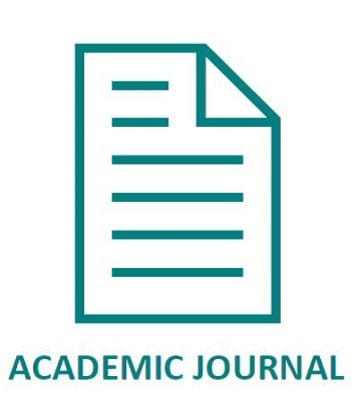Policy-makers perspectives on credibility, relevance and legitimacy (CRELE)
Abstract
For more than a decade, a popular theory amongst scholars of science-policy interactions has been that research is most effective at informing policy and decision-making processes when it is credible, relevant and legitimate (CRELE) with multiple audiences simultaneously. In this paper, we argue that this triad reflects a primarily intra-scientific perspective, rather than the needs and considerations of policy-makers themselves. Using over seventy semi-structured interviews with policy-makers, we present alternative criteria for effective science-policy interactions based on experiences in the urban water sector. We find that applicability, comprehensiveness, timing and accessibility (ACTA) better summarises the most important aspects of scientific research when it comes to influencing decision-making, while finding that CRELE was a poor predictor of policy-maker concerns. Whilst the ACTA quartet effectively gives double-billing to the ‘relevance’ component of CRELE, credibility and legitimacy were much lower priorities for policy-makers interviewed. This article questions whether CRELE is a useful mindset for researchers interested in policy influence. These findings will be of interest to those engaged in debates related to effective science-policy interactions more broadly, and researchers that want to marshal policy influence more specifically.
